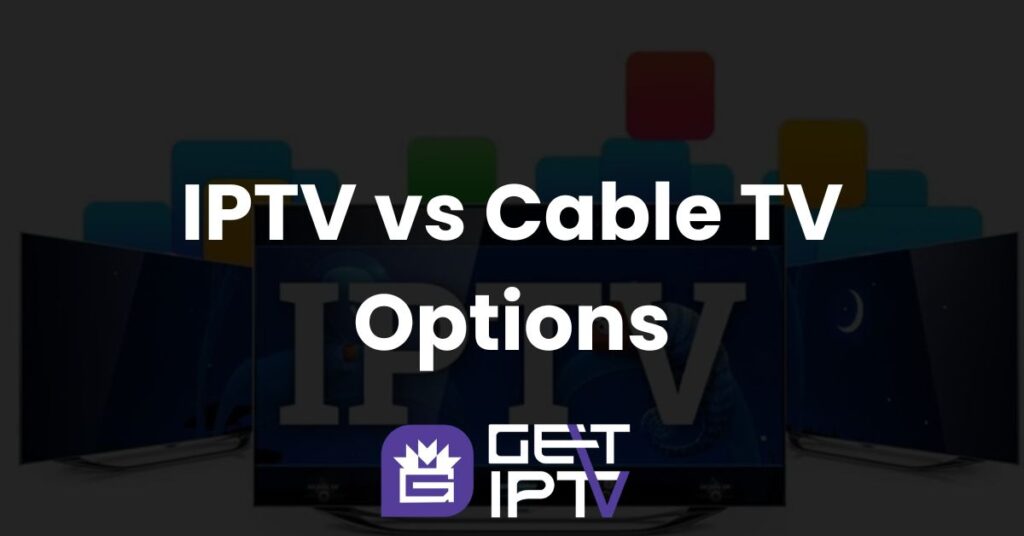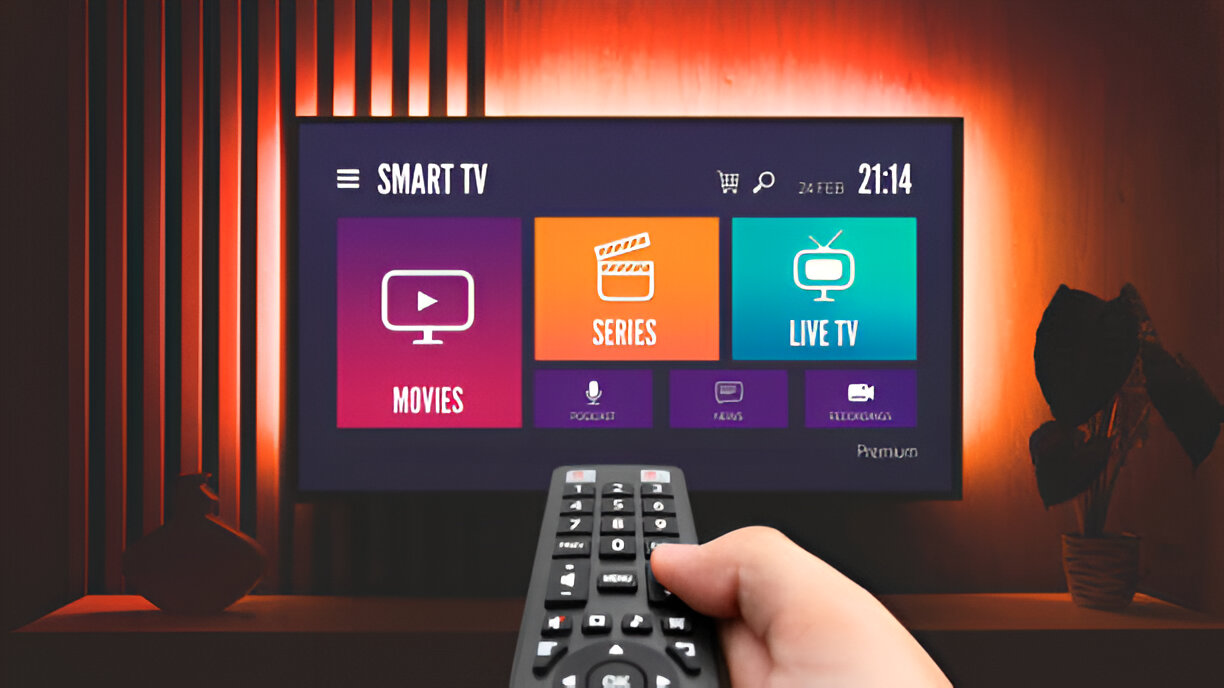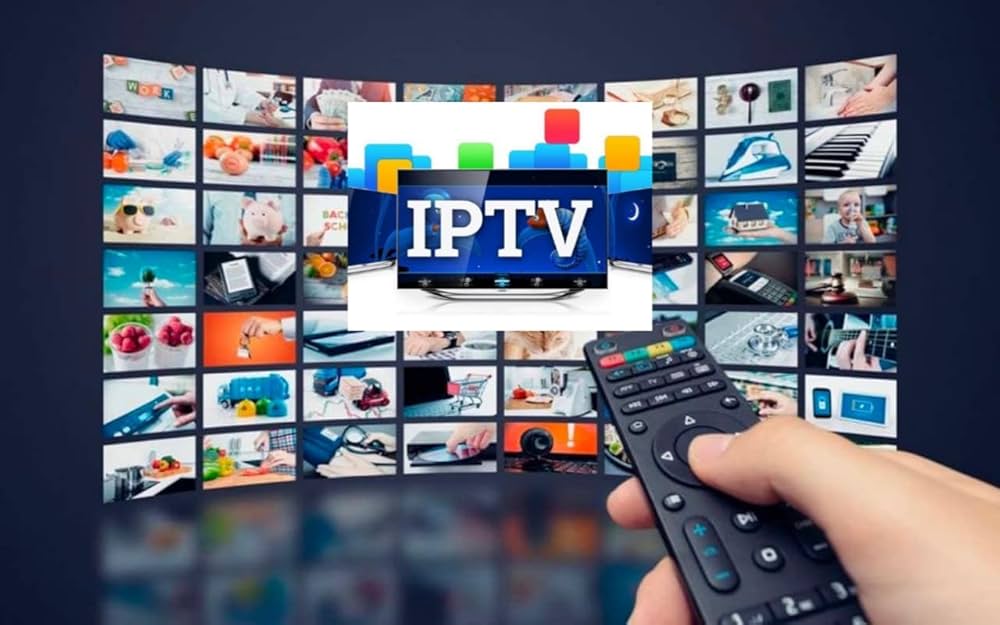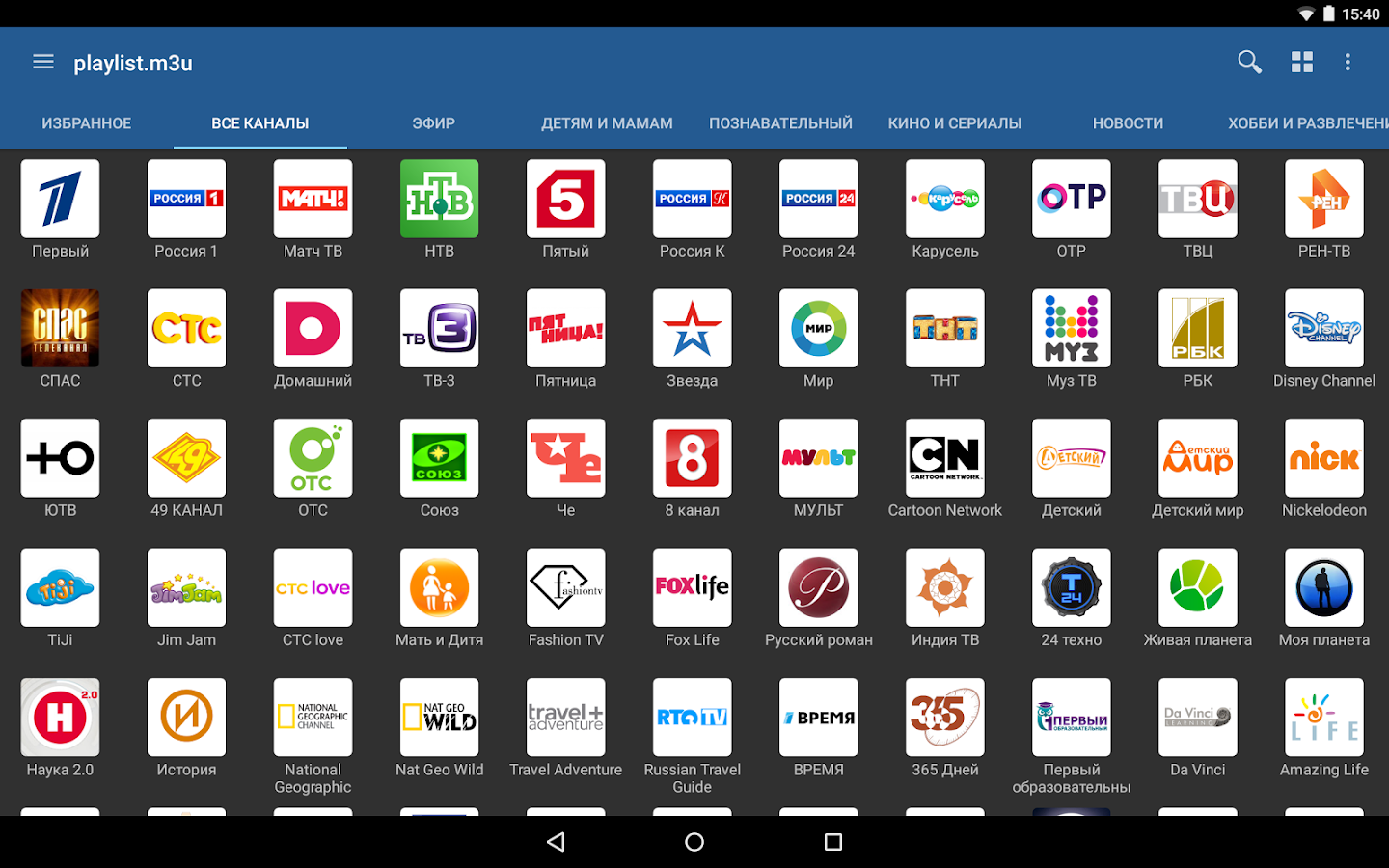Recent Posts

IPTV vs Cable TV Options – Which Is Right for You?
With the rise of internet-based entertainment, many people are now exploring IPTV as an alternative to traditional cable TV. Both services offer access to live channels and on-demand content, but they differ greatly in how they’re delivered, priced, and used. This guide will help you understand the differences between IPTV and cable TV, so you can decide which option suits your lifestyle and budget best.
What Is IPTV?
IPTV stands for Internet Protocol Television. It streams television content over the internet instead of using satellite or cable. This allows users to watch shows, movies, and live TV on various devices such as smart TVs, laptops, smartphones, or IPTV boxes. Many IPTV services in Canada offer features like catch-up TV, video-on-demand, and even cloud-based DVRs.
IPTV is flexible and modern. You can often customise your viewing experience, choosing what you want to watch and when. Many providers also offer free trials, so you can test their IPTV plans before subscribing.
What Is Cable TV?
Cable TV is the more traditional option. It delivers content through coaxial cables and requires a cable box for access. Users typically subscribe to packages that include a mix of channels, often bundled with landline and internet services.
Cable TV is known for its reliability, but it comes with fixed channel lineups and long-term contracts. It’s less flexible than IPTV and usually more expensive. However, it provides a stable connection that doesn’t rely on internet speeds.
Key Differences Between IPTV and Cable TV
IPTV uses your internet connection to stream content, whereas cable TV relies on a wired network. IPTV is compatible with a wide range of devices, allowing you to watch on the go, while cable TV is generally limited to home use. IPTV services often offer lower monthly costs, no installation appointments, and flexible plans. In contrast, cable TV usually involves installation fees, higher monthly bills, and equipment rentals.
Advantages of IPTV
IPTV is ideal for those who want flexibility and convenience. It allows for HD and 4K streaming, content on demand, and access across multiple devices. It’s usually more affordable than cable, and IPTV providers in Canada often offer free trials and tailored plans. The main downside is that it depends on a strong internet connection and choosing a legitimate service provider is essential to avoid legal issues.
Advantages of Cable TV
Cable TV offers a reliable, high-quality viewing experience without buffering. It’s a good choice in areas where internet speeds are low or unreliable. Users also benefit from familiar remote controls and straightforward channel guides. However, cable can be costly and lacks the flexibility that IPTV offers.
Which One Should You Choose?
If you’re looking for a cost-effective, modern way to watch TV with flexible viewing options, IPTV is likely the better choice. It’s especially suitable for those comfortable using apps and streaming services. If you prefer a stable, plug-and-play service and don’t mind paying extra for it, cable TV might still be worth considering.
Conclusion
Ultimately, the choice between IPTV and cable TV depends on your viewing habits, budget, and internet access. As more people cut the cord and move to internet-based services, IPTV continues to grow in popularity. Take advantage of IPTV free trials and explore available IPTV plans in your area to find the best fit for you.






